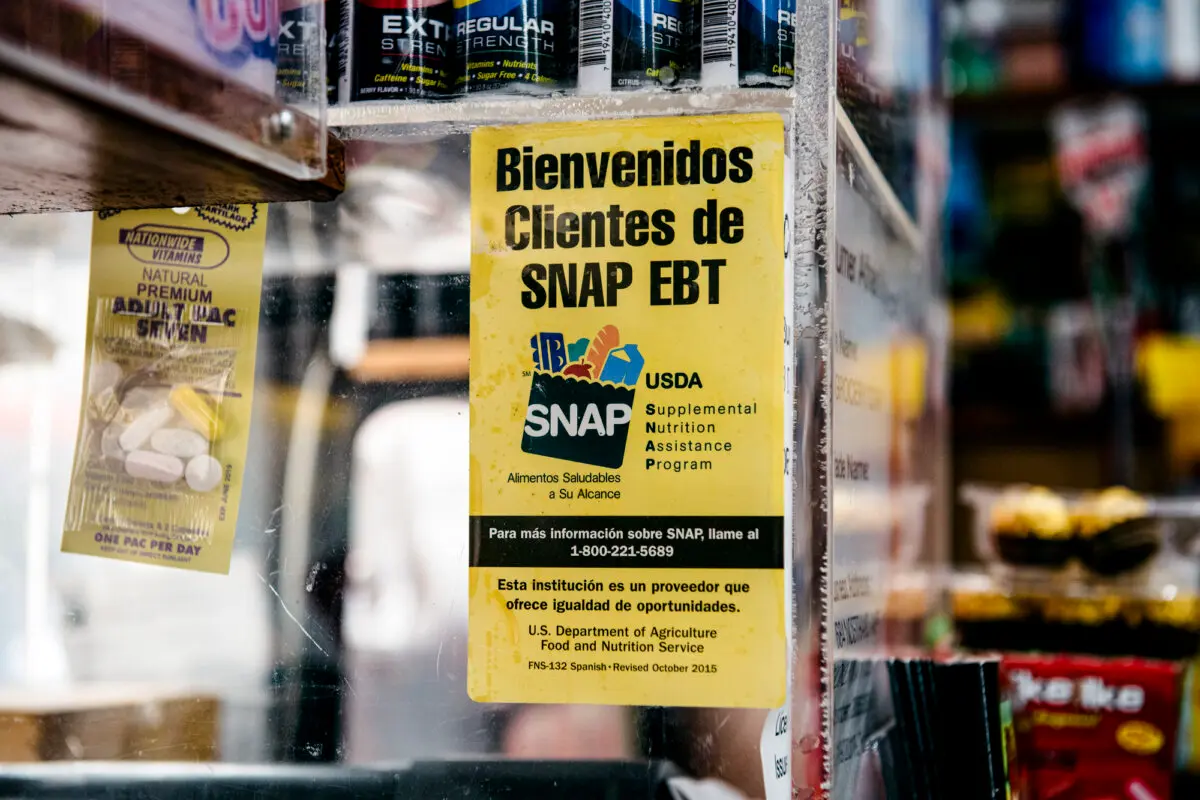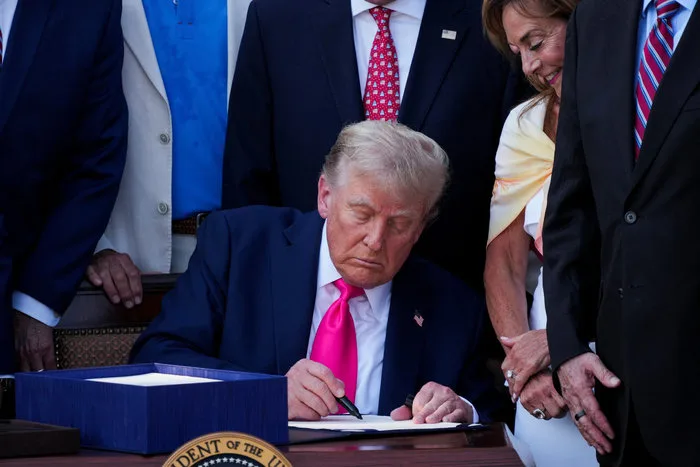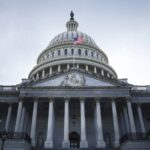By Zachary Stieber
Federal officials plan to enforce changes to the food stamp program, formally the Supplemental Nutrition Assistance Program (SNAP), beginning in November.
The changes will cut federal funding for SNAP by $187 billion through 2034, according to the Congressional Budget Office. SNAP gives money to people to buy groceries.
Here are the changes that are coming.
Updated Work Requirements
Under the One Big Beautiful Bill Act, the requirements that SNAP recipients work are being changed.
The requirement that recipients work a minimum of 80 hours per month to receive food stamps for more than three months every three years remains the same. While the requirement used to only cover adults aged 18 to 54, it will now be in place for adults who are younger than 65.
Another change regards people with dependent children. Parents with children who are not yet adults used to be exempt from the work requirement. Under the bill, parents will only be exempt if they have one or more dependents aged 13 or younger.
The bill also removes exemptions for people who are homeless, veterans, and individuals aged 24 and younger who aged out of foster care.
States can ask for waivers of the requirement if their unemployment rate is at least 10 percent in a certain area. The bill automatically qualifies Alaska and Hawaii for blanket waivers of the requirement if their unemployment rate reaches or exceeds 150 percent of the national average rate.
The changes will lead to an estimated 2.4 million fewer people in an average month through 2034 receiving food stamps, according to the Congressional Budget Office, although new exemptions for members of Indian tribes are expected to increase participation among Indians. About 41 million people receive SNAP in a given month.
The changes became effective when the bill was enacted on July 4. Officials said in a memorandum that states have 120 days to implement the updates.
Changes for Illegal Immigrants
The Food and Nutrition Act of 2008, which largely governs SNAP, states that “no individual who is a member of a household otherwise eligible to participate in the supplemental nutrition assistance program under this section shall be eligible to participate in the supplemental nutrition assistance program as a member of that or any other household.”
Exemptions to that clause include if an individual is a resident of the United States and a U.S. citizen, a U.S. national, or an immigrant with legal permanent residence as defined by federal law.
Other exemptions used to be made for immigrants who entered the U.S. before June 30, 1948, and had not left; immigrants who were allowed into the country under parole granted by federal officials; and immigrants who were living in the United States that authorities had decided not to deport.

Those exemptions were removed by the One Big Beautiful Bill.
“The effect is that only U.S. citizens and lawful permanent residents (LPRs) (with limited exceptions) would remain eligible for SNAP, eliminating benefits for many undocumented or humanitarian-status immigrants who previously qualified due to their status or long U.S. residency,” the League of United Latin American Citizens said.
The White House has defended the changes.
“Illegals burden taxpayers with billions in costs for free health care and welfare benefits. The One Big Beautiful Bill ends Medicaid and SNAP fraud and ensures these programs serve only eligible Americans,” it said in a statement.
The update will lead to about 90,000 people becoming ineligible for food stamps in an average month, the Congressional Budget Office said.
The update “makes changes to non-citizen eligibility for SNAP. Further guidance is forthcoming,” the U.S. Department of Agriculture states on its website.
Thrifty Food Plan Evaluation
One change already made, effective Oct. 1, is revising how the food plan on which SNAP benefits are based is updated.
The Thrifty Food Plan analyzes how much a healthy diet would cost a family of four, or a man and woman aged 20 through 50, a child aged 6 through 8, and a child aged 9 through 11. It is the basis of the annual adjustments to the maximum benefits people can receive.
The U.S. Department of Agriculture last updated components of the plan in 2021.
The One Big Beautiful Bill Act requires the next reevaluation to take place no earlier than Oct. 1, 2027, and that future revaluations be cost-neutral.
Annual cost-of-living adjustments to benefits are capped at various percentages, based on household size. The law also says that the cost of the plan shall be the basis for all households, regardless of their size.
Officials separately implemented the annual adjustments, increasing the maximum allotment for many households. For 5-person households in most states, for instance, the maximum allotment went from $1,158 a month to $1,183 a month.
Additional Changes Coming
The federal government can currently pay states 50 percent of the administrative costs involved in operating SNAP.
The new act takes that percentage to 25, starting in fiscal year 2027, which begins Oct. 1, 2026.
Another coming change under the bill imposes a new requirement for states to share in costs if their payment error rates exceed 6 percent. Payment errors refer to when states pay too much, or too little, to recipients, or when they enroll people in SNAP who are not actually eligible.
Only nine states had error rates under 6 percent in fiscal year 2024, according to federal data, and all but one had error rates above 6 percent at some point between 2003 and 2024, according to the Center on Budget and Policy Priorities.
The first change would cost Florida about $50.6 million, Bridget Royster, an assistant secretary for the Florida Department of Children and Families, told a state House of Representatives panel this month. The second change could result in an annual cost of $1 billion.
Royster said that Florida officials are working to move their error rate below 6 percent to avoid the latter charge.





